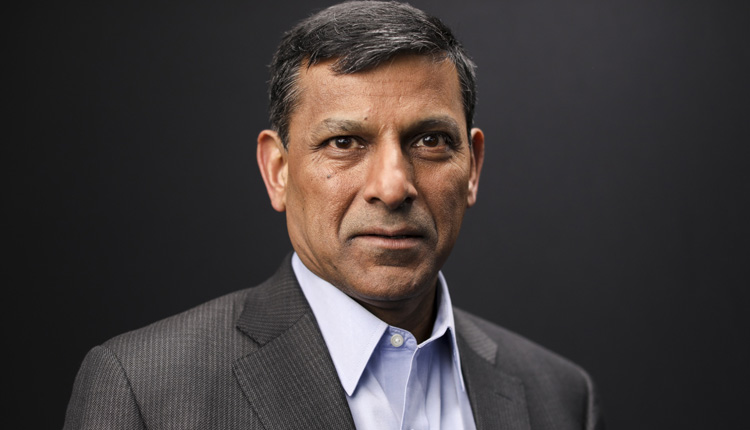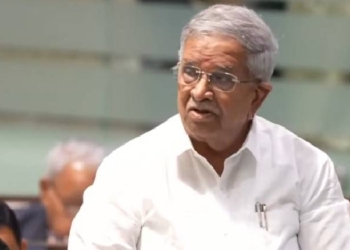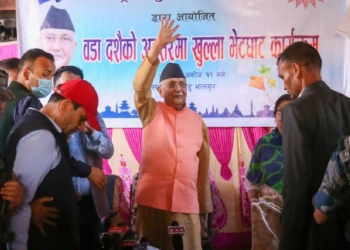Jaipur: Stressing that governments need to focus on creating more jobs for youngsters, and not just focus on freebies for short-term political benefits, Raghuram Rajan, former Governor of Reserve Bank of India and erstwhile Chief Economist, International Monetary Fund, said that to ensure a smooth development path, it is paramount to emphasise healthcare and education.
Speaking at the ongoing Jaipur Literature Festival, Rajan opined that the government must be ready to decentralise as its benefits can be seen in the education and healthcare sectors in states like Delhi, Kerala, and Tamil Nadu.
He added that the recent cases by the Enforcement Directorate and other central agencies against opposition leaders before elections were “undemocratic” as citizens were being left with little choice while choosing leaders (from the opposition).
Rajan, who has co-written ‘Breaking the Mould: Reimagining India’s Economic Future’ (Penguin Random House India), with economist Rohit Lamba adds, “Democracy and free speech are paramount for development of sectors that need research, creativity and new ideas.”
Emphasising that the book can be easily understood by everybody, the economist added, “We do not have to follow other countries’ growth story — like China — but make our path. It is important to recognise our strengths and build on them.”
Talking about cryptocurrency, Rajan says it is a technology, and while it may be okay to put some money that one can afford to lose, going all in by staking one’s life savings is a bad idea.
“It needs to be understood that Crypto is not being regulated, and not many operators can be trusted.”
A major part of the book deals with job creation, and the authors say that unemployment is leading to unrest.
“The youth are looking for reservations as they believe that good jobs exist only in the government. The government needs to realise that the best way to uplift people is to facilitate job creation. We hear a lazy response that things will be better shortly. It is important to act now, almost in an obsessive fashion. We cannot kick too much into the future,” concludes Rajan.
(IANS)
















